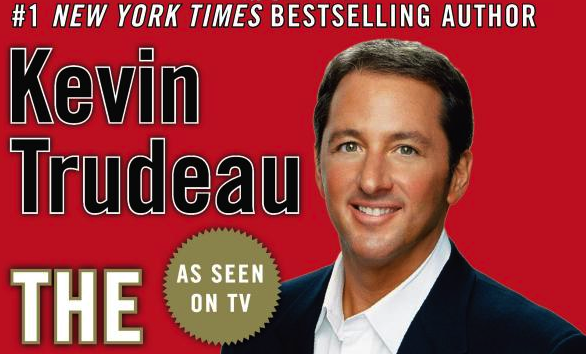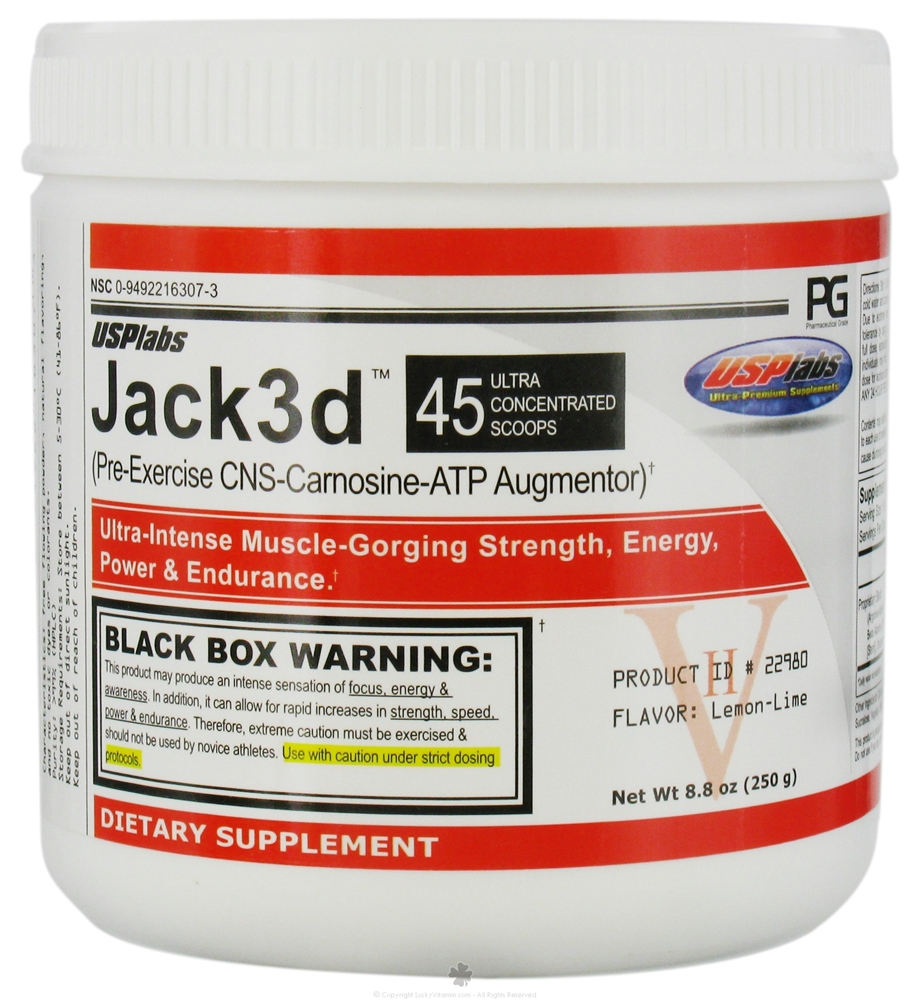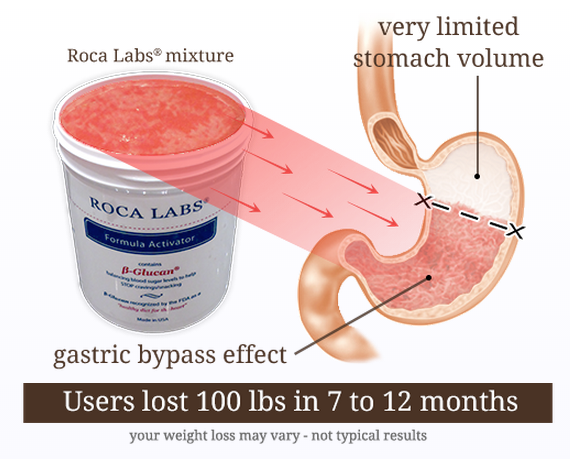The marketing for the NutriMost Ultimate Fat Loss system claimed that users could drop 40 pounds, or more, in just 40 days, and without having to fret about calories. However, the Federal Trade Commission says that this $1,900 program is not backed by any science, actually requires a starvation-level diet, uses before-and-after examples from people related to the company, and forces customers to sign agreements that prevent them from saying anything bad about the program. [More]
weight loss

NutriMost ‘Ultimate Fat Loss’ System Slammed With $32 Million Judgment For Overblown Weight Loss Claims

$6.3 Million In Refunds Going Out To Buyers Of Book Written By Convicted Liar Kevin Trudeau
More than two years after “author,” infomercial pitchman, and professional liar Kevin Trudeau was sentenced to 10 years in prison for repeatedly making bogus weight-loss claims about his book The Weight Loss Cure “They” Don’t Want You to Know About, some of the hundreds of thousands of people conned into buying the book will be getting their money back. [More]

Spammers Used Hacked Email Accounts To Push Bogus Weight-Loss Products
Word-of-mouth is a great way to promote a weight-loss product, as you’re more likely to trust a passed-along recommendation from a friend than some ad you see on the internet. That’s why the operators of an alleged spam scam hijacked hacked email accounts to spread the word about a slew of unproven weight-loss products.
[More]

‘Biggest Loser’ Doctor Sues Former Contestant, New York Post Over Scandalous Story
About two weeks ago, several former contestants on NBC weight-loss competition The Biggest Loser spoke to the NY Post, publicly accusing trainers, show staff, and the show’s resident physician, Dr. Robert Huizenga of a variety of questionable behaviors. Now “Dr. H” is firing back with a lawsuit against both the Post and one of the former “losers.” [More]

Former Biggest Loser Contestants Allege Show Provided Them With Ephedra, Left Them With Eating Disorders
For 17 seasons, NBC’s The Biggest Loser has proven that anyone can lose weight with a strict diet, lots of exercise, access to world-class trainers and training facilities, a few months away from your job and family, the incentive of a huge cash reward, and the knowledge that millions of TV viewers are scrutinizing your every move. According to some former contestants, it also involved some show-provided pills. [More]

Amberen Must Stop Claiming Menopause Supplement Is “Proven” To Cause Weight Loss
Last year, the Federal Trade Commission sued Lunada, the makers of the supplement Amberen, alleging that the company did not have the science to back up claims that Amberen was “clinically proven” to cause substantial weight loss, and to alleviate just about every symptom associated with menopause: hot flashes, night sweats, sleep problems, fatigue, and irritability. Now Lunada has agreed to stop making these claims to settle the complaint. [More]

Study Touting Health Benefits Of Weight Watchers Also Happens To Be Funded By Weight Watchers
Much like Weight Watchers doesn’t go out of its way to mention that its new superstar spokesperson Oprah Winfrey also happens to own a large chunk of the company, the weight loss program isn’t exactly stepping over itself to disclose that a new study touting Weight Watchers’ was paid for by Weight Watchers. [More]

FDA Recalls Several Weight Loss Supplements Containing Unsafe Ingredients
Earlier this year, the owner of a dietary supplement company was sentenced to 30 months in prison for selling “all natural” products that secretly contained harmful active ingredients that shouldn’t even be available to U.S. consumers. Today, the FDA announced recalls for more than a dozen additional products containing these same, unsafe ingredients. [More]

Feds File Criminal, Civil Cases Against More Than 100 Supplement Companies
A sweeping multi-agency federal investigation has resulted in a slew of criminal and civil charges being brought against more than 100 companies that either make or market supposed dietary supplements for selling products that allegedly contain ingredients other than those listed on the label, or products that make unsubstantiated health or disease-treatment claims. [More]

Regulators Sue Weight-Loss Marketer Who Used Fines, Lawsuits To Stop Negative Consumer Reviews
Federal regulators on Monday continued their crackdown on deceptive, ineffective weight-loss products, this time by filing a lawsuit against a company that threatened to enforce a so-called “gag clause” by imposing fines and filing lawsuits to stop customers from posting negative reviews and testimonials for the products online. [More]

Weight Watchers Ice Cream Bars Set Good Example, Lose Weight
Weight Watchers-branded meals and snacks are supposed to make it easier to follow the Weight Watchers points system and, well, lose weight. Reader M is a fan of their packaged ice cream bars, and was disappointed when she noticed that they’re a little bit smaller than they used to be after a recent package redesign. Yes, it was the Grocery Shrink Ray. [More]

FTC: ‘Clinically Proven’ Menopause And Weight Loss Supplement Helps With Neither
American consumers have spent $65 million on Amberen, a supplement meant to ease the symptoms of menopause and perimenopause. These symptoms can include hot flashes, insomnia, irritability, and weight gain. Did Amberen help with these symptoms, as promised? No, the Federal Trade Commission says: it mostly helped to lighten customers’ bank accounts, and has filed a complaint against the company that sells it. [More]

Study: Which Commercial Diet Programs Are The Most Effective?
The world of commercial diet programs can be overwhelming, with this, that and the other company all flashing before-and-after photos and promising their regimens are the best. While we’ve all seen the “results not typical” disclaimer flash on the screen below weight-loss winners, how effective are these programs when it comes to really losing the weight and keeping it off? [More]

Company That Marketed Weight-Loss Products With Fake News Sites Must Return $11.9M To Consumers
UPDATE: The Federal Trade Commission has revised the judgement amount that LeadClick Media must return to consumers. The company must provide $11.9 million in redress, down from the previous judgement of $16 million. The $4.1 million previously ordered to be surrendered by CoreLogic was actually part of the total $11.9 million that the company was ordered to pay, an FTC representative tells Consumerist. The headline and text below have been updated to accurately reflect this revised figure.
The Federal Trade Commission’s crackdown on deceptive weight-loss marketers continued today, as the agency announced an affiliate marketing network and its parent company must return $11.9 million to consumers who were lured into purchasing a range of weight-loss products through fake news websites. [More]

Nearly A Year After Recall, Alli Weight-Loss Pills Return To Stores
In March 2014, drug giant GlaxoSmithKline issued a voluntary recall of the popular alli weight-loss pill over concerns about possible package tampering. Nearly a year later, the over-the-counter drug is finally coming back to stores. [More]

FTC Stops Company From Charging $210 For Pills That “Burn Fat Without Diet Or Exercise”
Consumers who buy into a product that promises to let you lose weight while continuing to sit on the couch eating bonbons will likely lose more money than they will pounds. Such was the case for the customers of a dietary supplement company being shut down at the request of the Federal Trade Commission for making unsubstantiated health claims and signing consumers up for monthly charges without their knowledge. [More]

FTC: You Cannot Lose Weight By Wearing Caffeinated Underpants
Infusing ladies’ undergarments with caffeine does not make them weight loss aids, as it turns out. This news may not come as a surprise to most of us, but two companies were trying to sell just such a product with the claim that it would indeed have a slimming effect. The not-so-magical underwear has made one thing significantly smaller, though: the bank accounts of the two companies in question, which have reached a $1.5 million settlement with the Federal Trade Commission. [More]

John Oliver To Dr. Oz: Are You A Doctor Or An Old-West Traveling Salesman?
As many of you recall, TV’s Dr. Oz took a spanking last week before a Senate subcommittee that questioned his use of terms like “miracle” and “magic” in the description of unproven weight-loss products and treatments. And on HBO’s Last Week Tonight, host John Oliver suggested a better line of work for the pill-pushing physician, along with a more accurate title for his much-watched talk show. [More]

